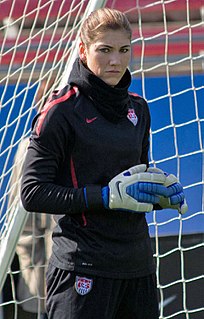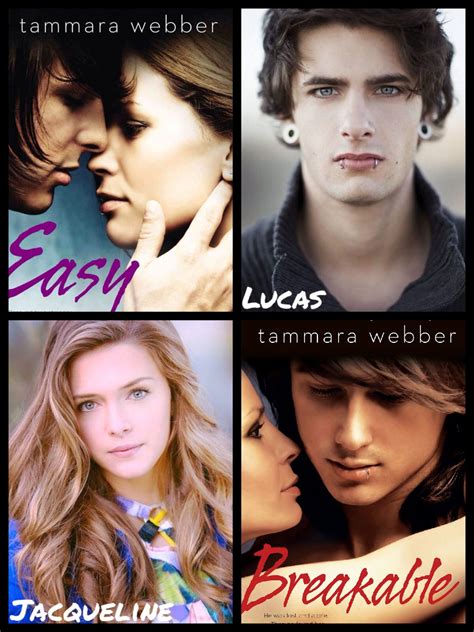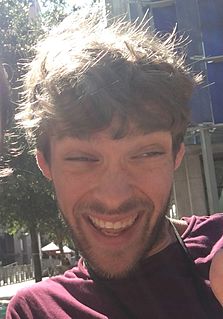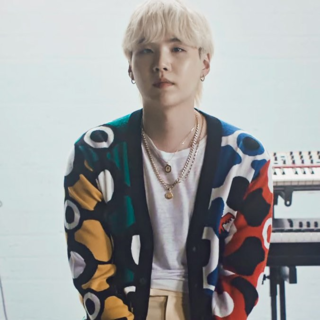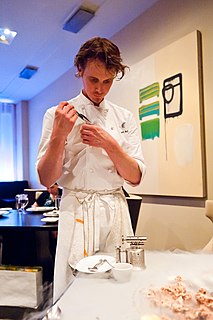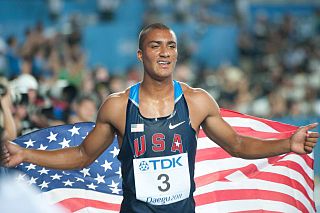A Quote by Emily Giffin
He nods, as if to acknowledge that endings are almost always a little sad, even when there is something to look forward to on the other side.
Related Quotes
It's so hard for me to even acknowledge America without talking about race. If you look at our society, if you look at the prisons, if you look at the poverty and which side of the line the majority of people are, we have to acknowledge how we divide ourselves up, that there's racism alive in this country. And it's not in the law. It's in our minds. And that's what we have to actively battle.
We are not held accountable for how the economy ravages Congo. Governments aren't held accountable for foreign policies that they exercise there. There are no institutional structures to render justice. The press is very limited. There's very little transparency. You find a symmetry in certain basic human tendencies, and these tendencies are not always noble or beautiful. I think we have an instinct to turn away from that, to not acknowledge it, while it is something that's a part of us. There's a certain tragic and sad side to human nature that, in our quest for beauty, we ignore.

